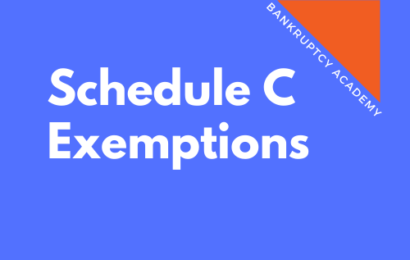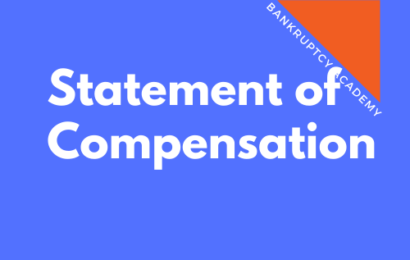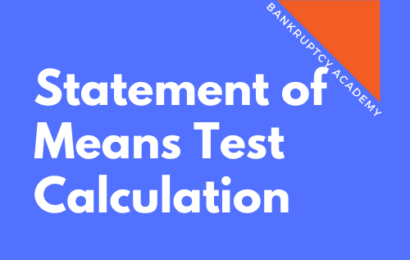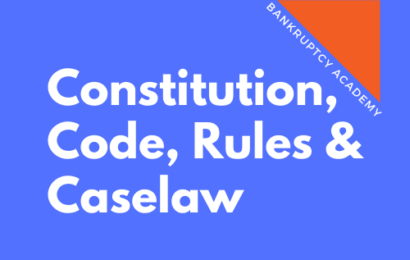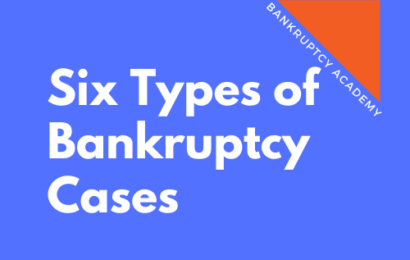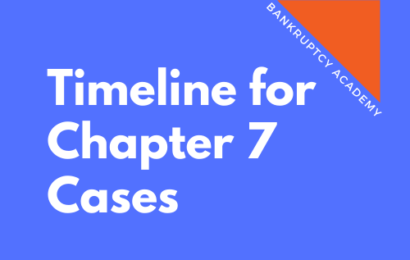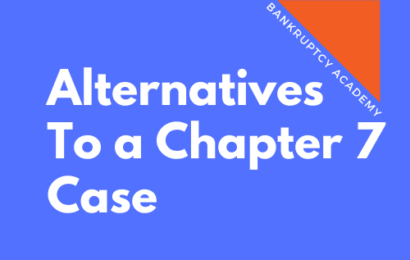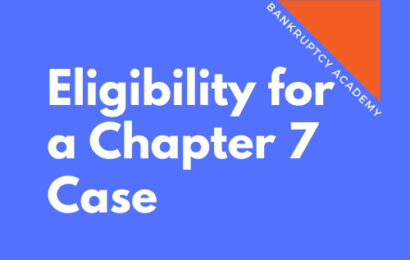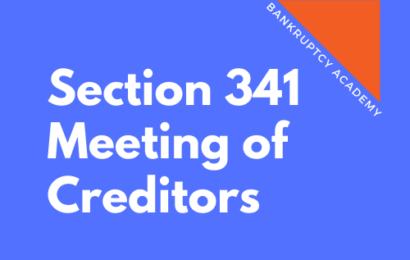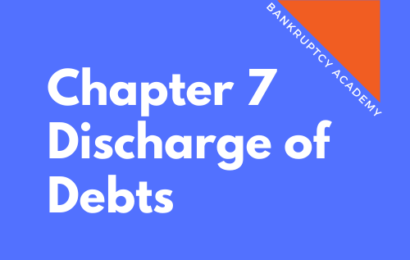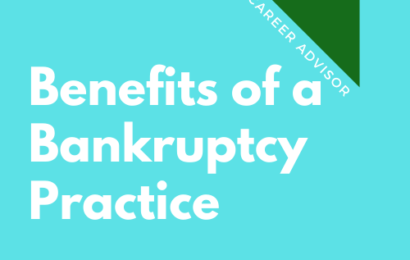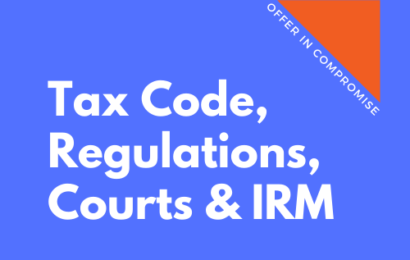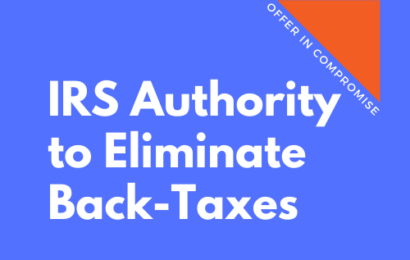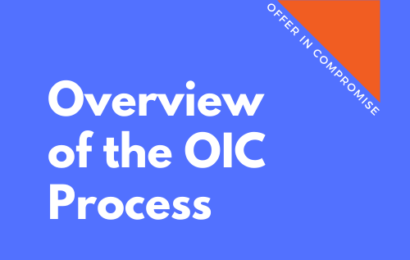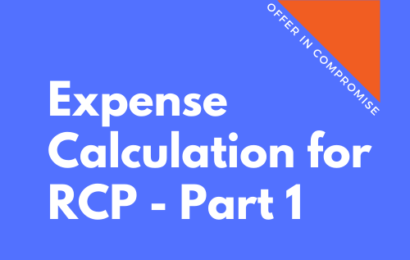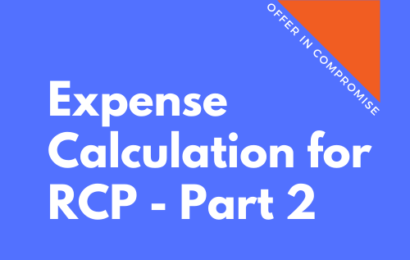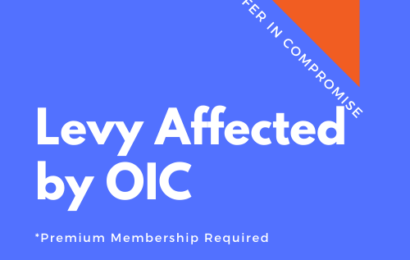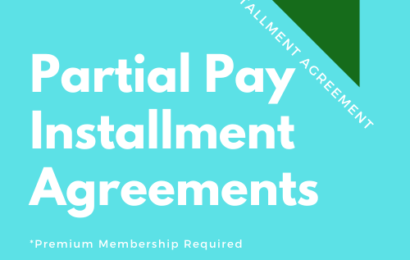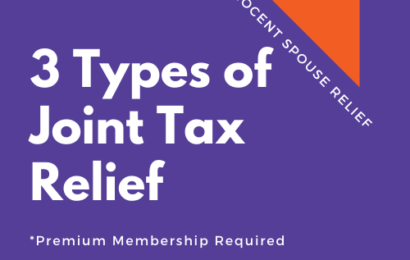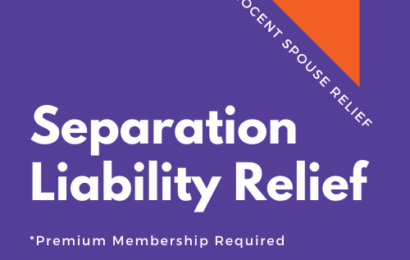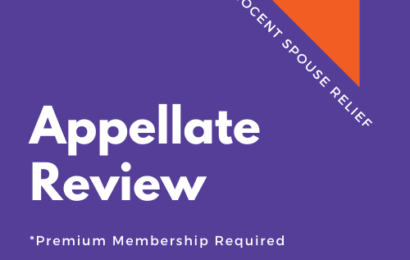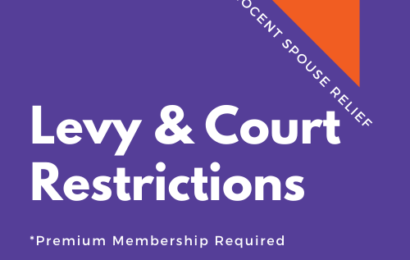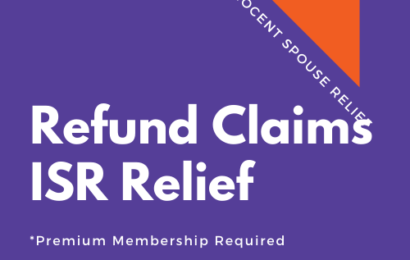Our Top Courses
Bmply dummy text of the printing and typesetting indust Lorem Ipsum has been theitry's snce simply dummy text of the printing.Phasellus enim libero, blandit vel sapien vita their. Lorem ipsum dolor sit amet, consectetur adipiscino eiusmod tempor incididply dummy text of the printing.
BK 101: Chapter 7 Petition
BK 102: Schedule A/B – Property
BK 103: Schedule C – Exemptions
BK 104: Schedule D – Secured Creditors
BK 105: Schedule E/F – Unsecured Creditors
BK 106: Schedule G – Executory Contracts and Unexpired Leases
BK 107: Schedule H, Co-Debtors
BK 108: Schedule I – Income
BK 109: Schedule J – Expenses
BK 110: Statement of Compensation
BK 111: Statement of Intention
BK 112: Statement of Financial Affairs
BK 113: Statement of Your Current Monthly Income
BK 114: Statement of Means Test Calculation
BK 116: Constitution, Statutes, Rules and Caselaw
BK 117: Six Types of Bankruptcy Cases
BK 118: Timeline for a Chapter 7 Case
BK 119: Alternatives to a Chapter 7 Case
BK 120: Chapter 7 Eligibility
BK 122: Role of the Chapter 7 Panel Trustee
BK 123: Section 341 Meeting of Creditors
BK 124: The Automatic Stay
BK 125: Chapter 7 Discharge
Bankruptcy Scholar Certificate Exam – 250 Questions
OIC Scholar Certificate Exam – 650 Questions
Intro 102: Statutes, Regulations, Courts & IRM
Intro 103: Understanding the IRS Collection Process
OIC 101: IRS Authority to Eliminate Back-Taxes
OIC 102: Overview of the OIC Application Process
OIC 103: Who Submits the OIC Application?
OIC 105: Is the OIC Offer “Processable?” – Part 1
OIC 106: Is the OIC Offer “Processable?” – Part 2
OIC 107: Offer Amount Formula
OIC 108: Asset Valuation for RCP – Part 1
OIC 109: Asset Valuation for RCP – Part 2
OIC 111: Expense Calculation for RCP, Part 1
OIC 112: Expense Calculation for RCP, Part 2
OIC 116: Collateral Agreements
OIC 118: Terminating a Pending Offer
OIC 119: Withdrawing a Pending Offer
OIC 121: Rejecting a Pending Offer
OIC 122: Accepting a Pending Offer
OIC 126: Appellate Rights
OIC 127: Levy Affected by OIC
OIC 128: OIC Affects an Installment Agreement
IA 101: Routine Installment Agreements
IA 102: Levy Protection with Installment Agreements
IA 103: Guaranteed Installment Agreements
IA 104: Streamlined Installment Agreements
IA 105: In-Business Trust Fund Express Installment Agreements
IA 106: Partial Payment Installment Agreements
IA 110: IRS Acceptance & Rejection Determinations
IA 112: Appellate Review
ISR 101: 3 Types of Relief from Joint and Several Liability
ISR 103: Separation of Liability Relief
ISR 104: Equitable Relief
ISR 105: Form 8857, Request for Innocent Spouse Relief
ISR 106: Premature & Untimely Claims
ISR 107: Appellate Review
ISR 108: Participation by Non-Requesting Spouse
ISR 109: Levies, Seizure & Court Proceedings Restricted
ISR 110: Installment Agreements
ISR 111: Refund Claims
POA 101: Power of Attorney
Our Skilled Instructors
Attorney Bob Schaller
Latest Posts
Maximize Career Success by Developing a Bankruptcy Practice
7 Best Marketing Steps to Launch Your Bankruptcy Practice Developing a law practice…
Boost Profit by Starting a Bankruptcy Practice
Start a Bankruptcy Practice to Boost Profit For Your Law Firm Increase law…
Build a Bankruptcy Practice
A Bankruptcy Practice Can Elevate Your Legal Career Build a bankruptcy practice if…
Our Campus Gallery
Bmply dummy text of the printing and typesetting indust Lorem Ipsum has been theitry's snce simply dummy text of the printing.Phasellus enim libero, blandit vel sapien vita their. Lorem ipsum dolor sit amet, consectetur adipiscino eiusmod tempor incididply dummy text of the printing.





